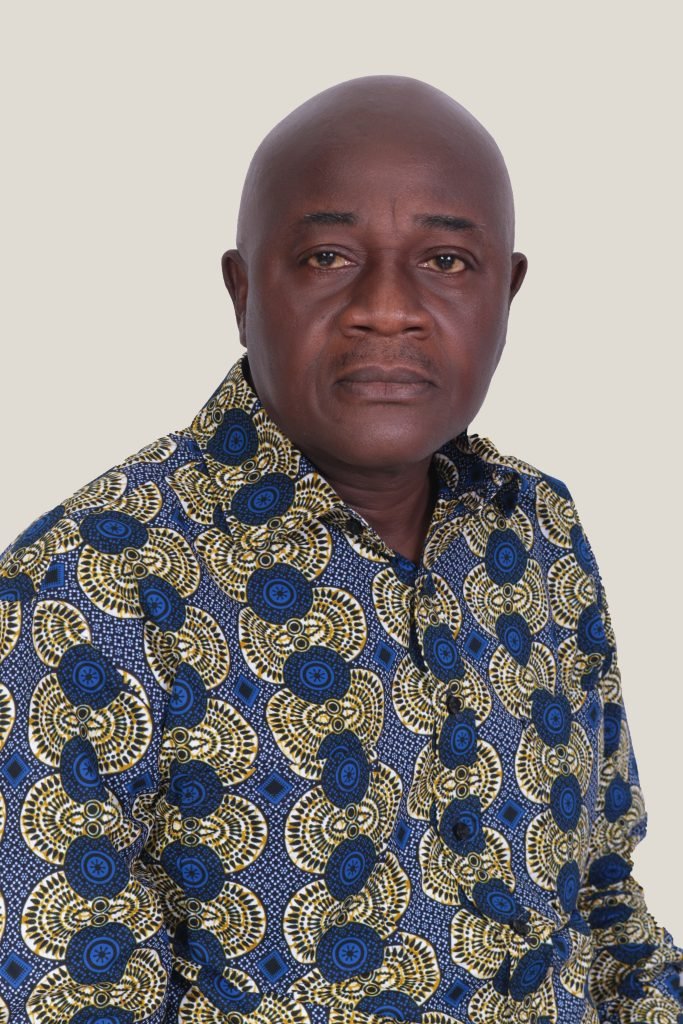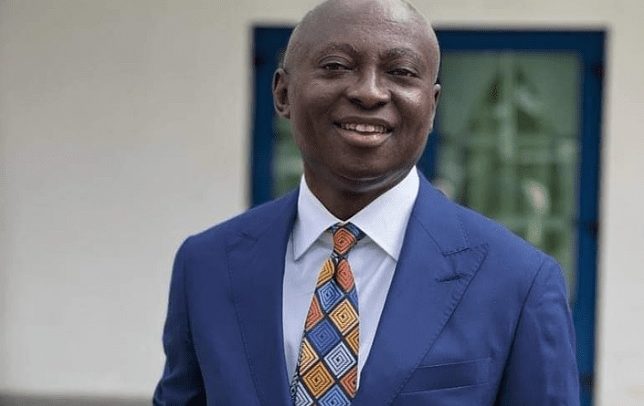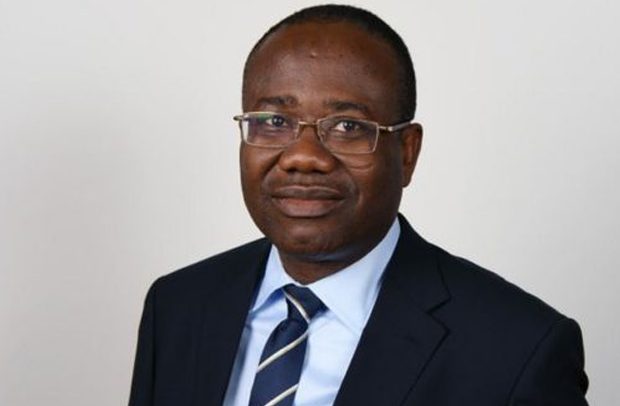
A RESEARCH conducted by the Political Science Department of the University of Ghana has revealed that only 95 of the 275 Members of Parliament (MP) have a 50 and above per cent approval of their constituents.
Per the report which was unveiled in Accra yesterday, only one lawmaker had 90 per cent and above, eight scored between 80 and 89 per cent, 10 scored 70-79 per cent, 26 had between 60-69 per cent with 50 aggregating between 50-59 per cent.
According to the report which interviewed 27,500 eligible voters in 1, 375 electoral areas across the country 180 lawmakers underperformed and are favoured by their constituents to be voted out. Hundred respondents were interviewed across five electoral areas in each constituency.
Of the above, the research which covered between March and June 2018, 53 MPs had between 40-49 per cent, 57 had 30-39 per cent, 40 garnered between 20 and 29 per cent, 25 scored between 10-19 with the remaining five having less than 10 per cent approval.
Lead researcher for the survey, Dr Isaac Owusu-Mensah, during the presentation said whiles 42 per cent of the respondents want the incumbent legislators to take another shot at the seat, 46 per cent want a new face. Ten per cent of the voters are undecided, he added.
Of all the regions, MPs from the Savannah Region have the highest support for another term with 56 per cent, Western North recorded 55 per cent backing, Volta 52, Oti 52, Northern 50, North East 46, Ahafo 46, Ashanti 44, Bono East 41, Eastern 40, Central 39, Western 39, Upper East 38, Greater Accra 36, Upper West 34 and Bono 34.
"In the three regions where NPP has its highest number of seats, the support for the incumbents is lower: Ashanti-44 seats (43.9), Eastern-27 seats (40.5) and Greater Accra-21 seats (33.5).
"In the three regions where NDC has its highest number of seats, the support for the incumbents is lower: Volta-18 seats (51.9), Greater Accra-13 seats (40.1) & Upper East-12 seats (39.7)," the report indicated.
The criteria for the research seen by the Ghanaian Times included role of MPs, delivery on campaign promises, frequency of the MP in the constituency, interaction with constituents, among others.
Some of the roles constituents expect the MPs to play include development advocacy, representation, employment creation, supporting local community groups, scrutinising legislation among others.
Some of the campaign promises fulfilled by the MPs, the report indicated was water provision in which the MPs scored 12.2 on the average, health 6.5 per cent, road construction 11.2, employment 7.5, provision of electricity 8.4, completion of uncompleted projects 3.7, increase in the prices of farm produce 0.3, provision of capital for business, 2.4 and building of schools 10.7.
A total of 44 per cent of the MPs, the report revealed, have never visited their constituencies since their election at the 2016 polls with Greater Accra MPs being the worse 'culprits'.
With regards to the MPs' interaction with their constituents, the report noted that 31.5 per cent respondents were satisfied with communication flow as against 59.6 per cent.
"MPs should carefully weigh their campaign promises as their constituents would hold them accountable for those promises.
"Several constituents are concerned about the continued absence of their MPs from their communities; they (the MPs) must therefore improve their levels of interaction and communication with their constituents.
"MPs must gauge the mood of their constituents in deciding whether or not to contest again; it is worth noting that in 2016, 50 incumbents lost their primaries and 50 others lost the election.
"In parliamentary terms, 'the longer, the better' but in our context, first term MPs are increasingly becoming endangered species; in 2016 more than half of the 50 incumbents who lost the elections were first term MPs. The peculiar challenges confronting first term MPs must be addressed to prevent a repeat of 2016 in 2020," the report said in its recommendation.
Read Full Story












Facebook
Twitter
Pinterest
Instagram
Google+
YouTube
LinkedIn
RSS